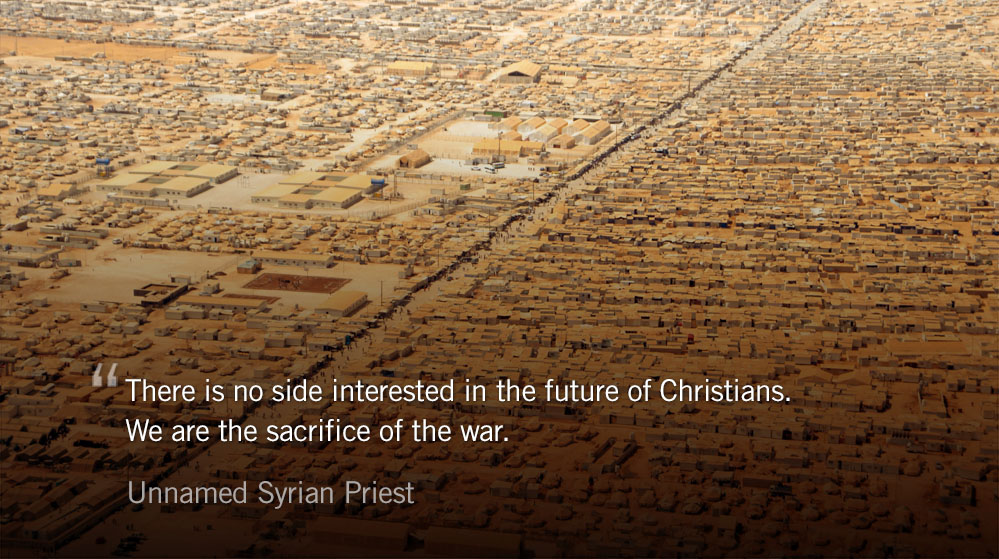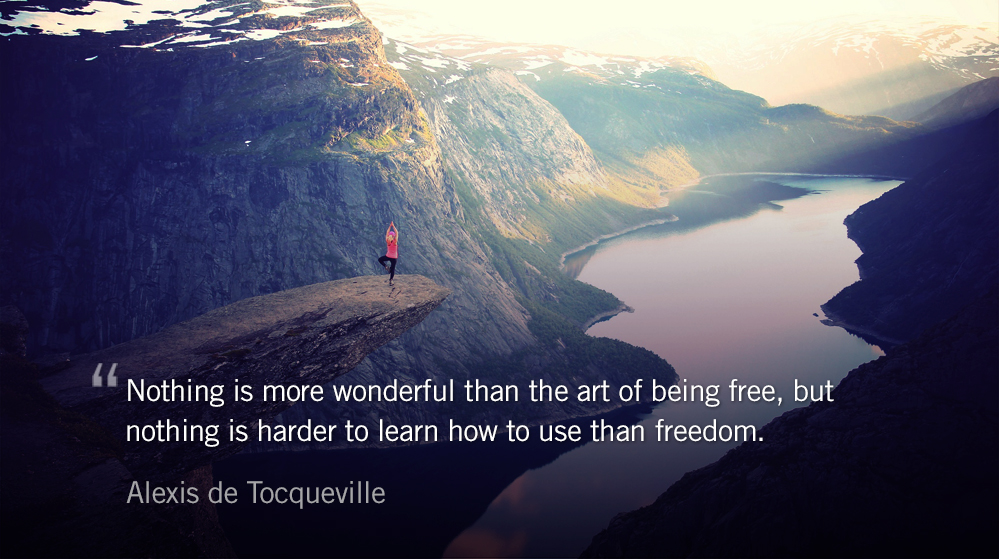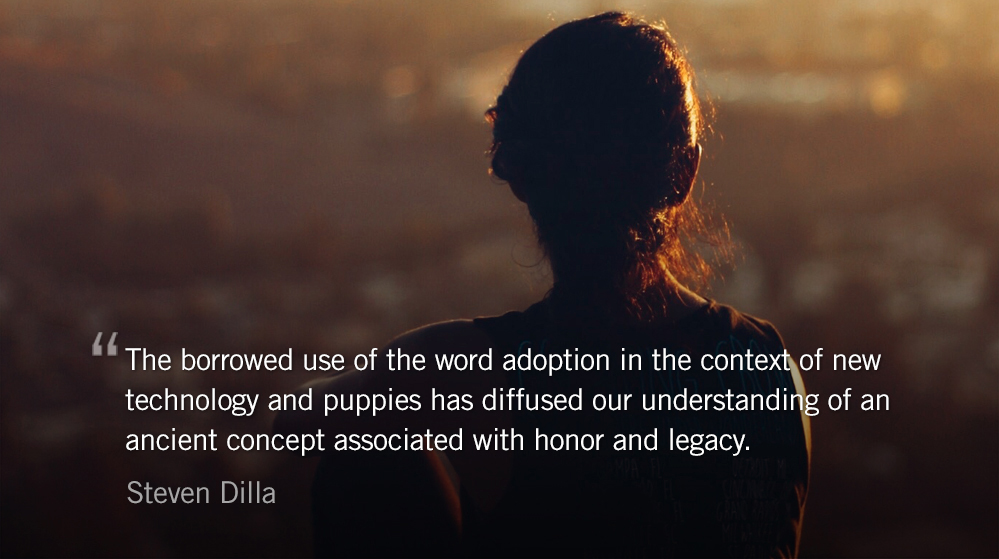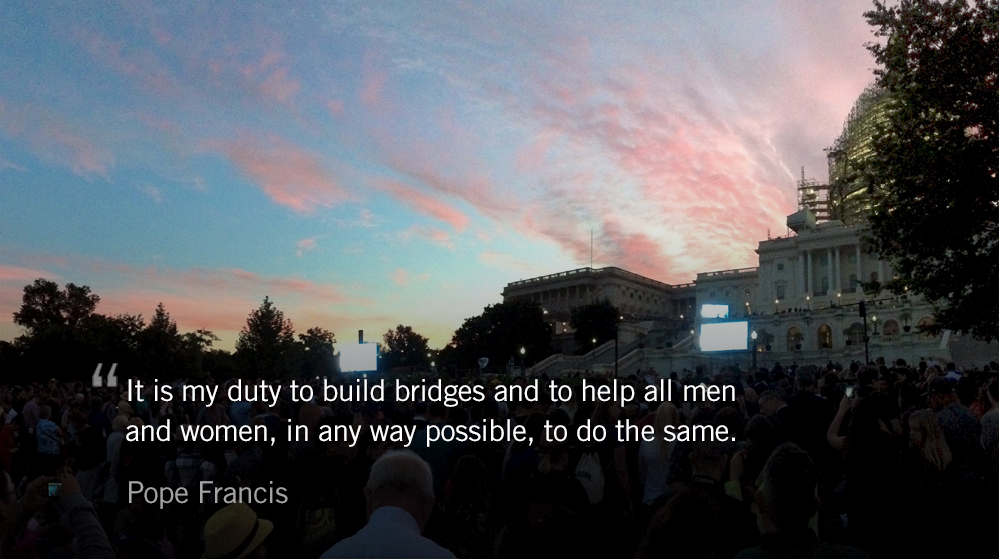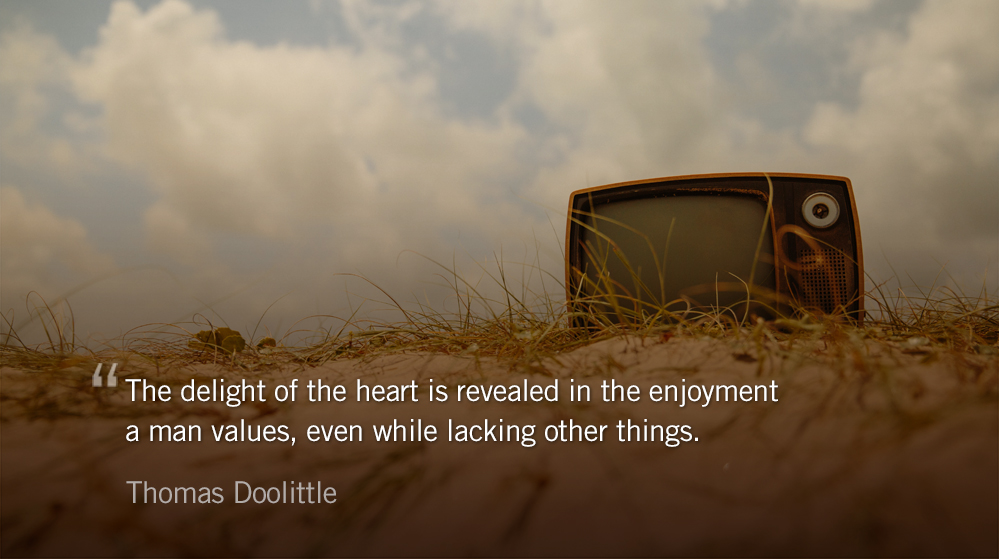Galatians 6.2
Bear one another’s burdens, and so fulfill the law of Christ.
Well over 11,000 people lost their lives to ebola last year; deaths in the U.S. represented 0.0002% of the global total.
At some level we comprehend these numbers — and their disproportionate impact on Africans. On another level it’s easy to get discouraged into inaction by their immensity.
At the end of Galatians Paul spurs the church to care for one another and the world. He is not disillusioned to the size of need, but focused on the size of God’s grace expressed through the Body of Christ. “So then, as we have opportunity, let us do good to everyone, and especially to those who are of the household of faith.”
“There is no side interested in the future of Christians. We are the sacrifice of the war.” — Unnamed Syrian priest in response to the unfolding crisis
Around 220,000 Syrians have already lost their lives. The war has left another 12.8 million people in desperate need of humanitarian aid (which is not-yet coming in any meaningful way). Over 4 million refugees have fled the country, at tremendous risk, to seek any form of protection or aid.
On Monday the President tweeted a link to ways Americans can get involved in helping refugees around the world. We can add these to UNICEF, the UN Refugee Agency, and other international options for action.
The pain of our world is deep — and we await Christ for full relief and the restoration of all that is lost. In the meantime we give ourselves to joining God in the restoration of all things, remembering Paul’s encouragement, “let us not grow weary of doing good, for in due season we will reap, if we do not give up.”
Today’s Reading
1 Kings 2 (Listen – 7:45)
Galatians 6 (Listen – 2:18)

